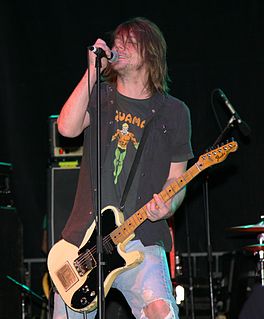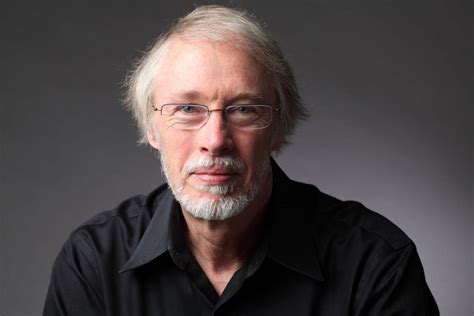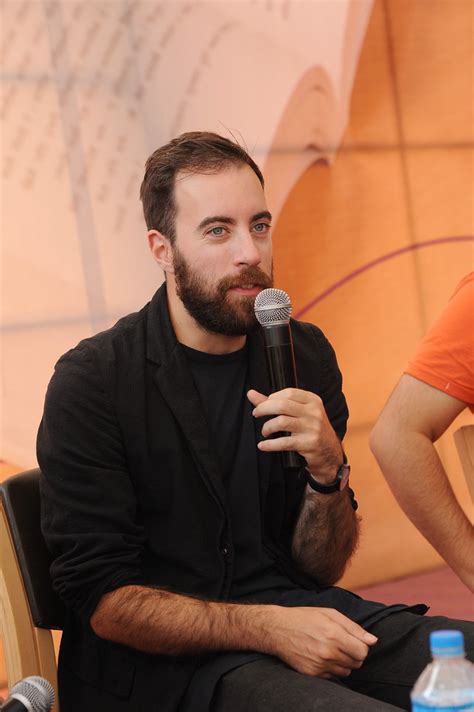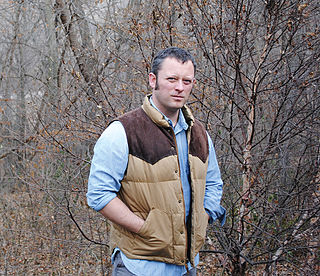A Quote by Teju Cole
I am suspicious of writers who say their work is original and influenced by nobody. If it is, it is probably uninteresting. The biggest source of novels is other novels.
Quote Topics
Related Quotes
In Pakistan, many of the young people read novels because in the novels, not just my novels but the novels of many other Pakistani writers, they encounter ideas, notions, ways of thinking about the world, thinking about their society that are different. And fiction functions in a countercultural way as it does in America and certainly as it did in the, you know, '60s.
People who know and read comics know that there's a huge diversity amongst the types of stories. Nobody ever goes 'how many more of these movies based on novels are there going to be?!'. People laugh at that question and they go novels, there are all different types of novels. But there are all different types of comic books, they just happen to have drawings on the cover!
The difference does not lie in the things that news does that novels do not do, but in the things that novels do that news cannot do. In other words, this basic technique of news - just one among many - is something a novel can use, but a novel can deploy a multitude of other techniques also. Novels are not bound by the rules of reportage. Far from it. They're predicated on delivering experience.





































